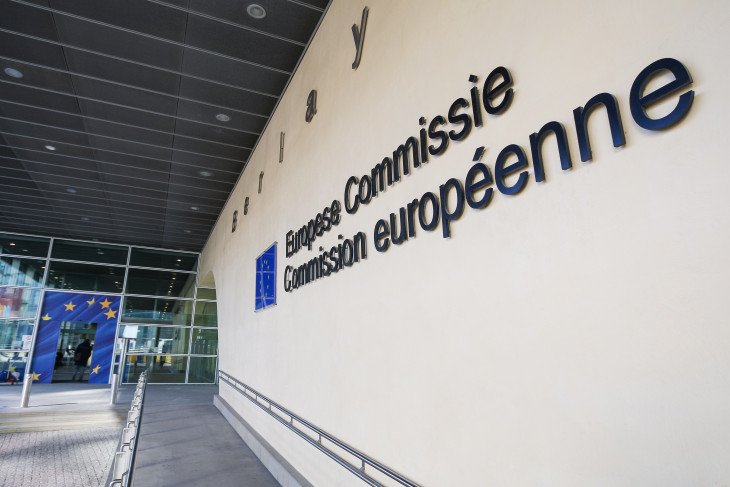Demography in the 2024-2029 European Commission
In the 2024-2029 European Commission, 10 Commissioners are responsible for demography to some extent. Population policy has been spread across portfolios.
The Vice-Presidency for Democracy and Demography no longer exists. Dubravka Šuica, who held the position from 2019-2024, has taken a new role as Commissioner for the Mediterranean. Her portfolio still includes demography.

Who will take care of policies affected by population change?
The commissioners will have partially overlapping responsibilities. Three top executives will deal with migration, reflecting the high priority of the topic. Former VP Dubravka Šuica will keep the “demography portfolio”, now as commissioner for the Mediterranean, for which she will have a new DG. One of her tasks is to will "help Member States address their demographic challenges".
The EU Pact on Asylum and Migration is at the heart of Henna Virkkunen’s (Finland) responsibility, which is titled Tech Sovereignty, Security, and Democracy. As Executive Vice-President she will have to install the EU Defence Union.
Austrian Magnus Brunner is commissioner on Internal Affairs and Migration. This task couples policing and the fight against crime inside the EU with border management and the implementation of the Asylum and Migration pact.
Further Commissioners with demography as part of their portfolio:
- Commissioner for Enlargement: Marta Kos
- Commissioner for Human Capital: Roxana Mînzatu
- Commissioner for Equality, Preparedness and Crisis Management: Hadja Lahbib
- Commissioner for Generations: Glenn Micallef
- Commissioner for Regions: Raffaele Fitto
- Commissioner for Health: Olivér Várhely
- Commissioner for Housing: Dan Jørgensen
EU policies most likely to be impacted by population change
Which policy perspectives does the Commission offer? Since competitiveness and the green transition are at the heart of the new agenda, demographic trends can be expected to be discussed, as they are the foundation for both.
- Migration: It has become obvious both from political debate/elections, and from the outline of the new commission that migration and integration is the politically most important among the demography topics. Right now, this policy area has a strong focus on asylum and on security, but also aims at labour migration agreements with EU neighbours.
- Enlargement: Previous enlargements have been followed by substantial internal EU migration. Additionally, the incoming commission will have to set the budget for the time from 2028, including the potential need of the candidate countries. Furthermore, access to the single market will have an impact on the current economy and employment. One well-known example is the competitiveness of Ukrainian agricultural products.
- Labour markets: Many sociodemographic issues are politically centred around human capital development and labour markets. The ageing workforce and underrepresented groups, immigration, pension systems, care, as well as investment into education are further pressing aspects relating to labour scarcity. A bit more in the background: initiatives aimed at low qualified people, retraining, and working conditions, or at regions with scarce employment prospects.
- Youth: A new focus will be prevention of harm caused by social media use, i.e., cyberbullying and addictive design. Mental health issues also relate to increased levels of loneliness post-COVID. Employment of young people must remain on the agenda as several countries still face high unemployment rates.
- Regions: Cohesion policy remains an important issue as the funds constitute a large part of the EU budget. While the overall goal of that policy is clear (helping disadvantaged regions to catch up), different sub-goals can be involved, from climate to energy crisis to youth unemployment. The cohesion policy includes the heavy weight COVID recovery fund.
This is a digest of a briefing provided by Katja Patzwaldt for the FutuRes Policy lab in December 2024. Full briefing below.

